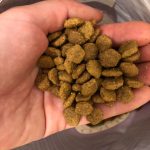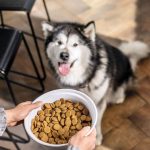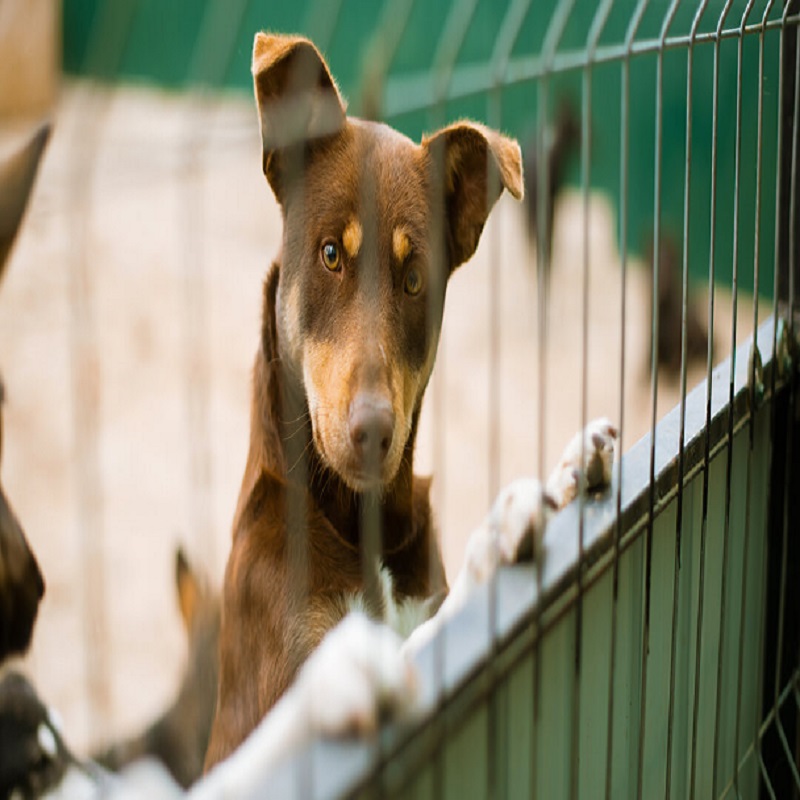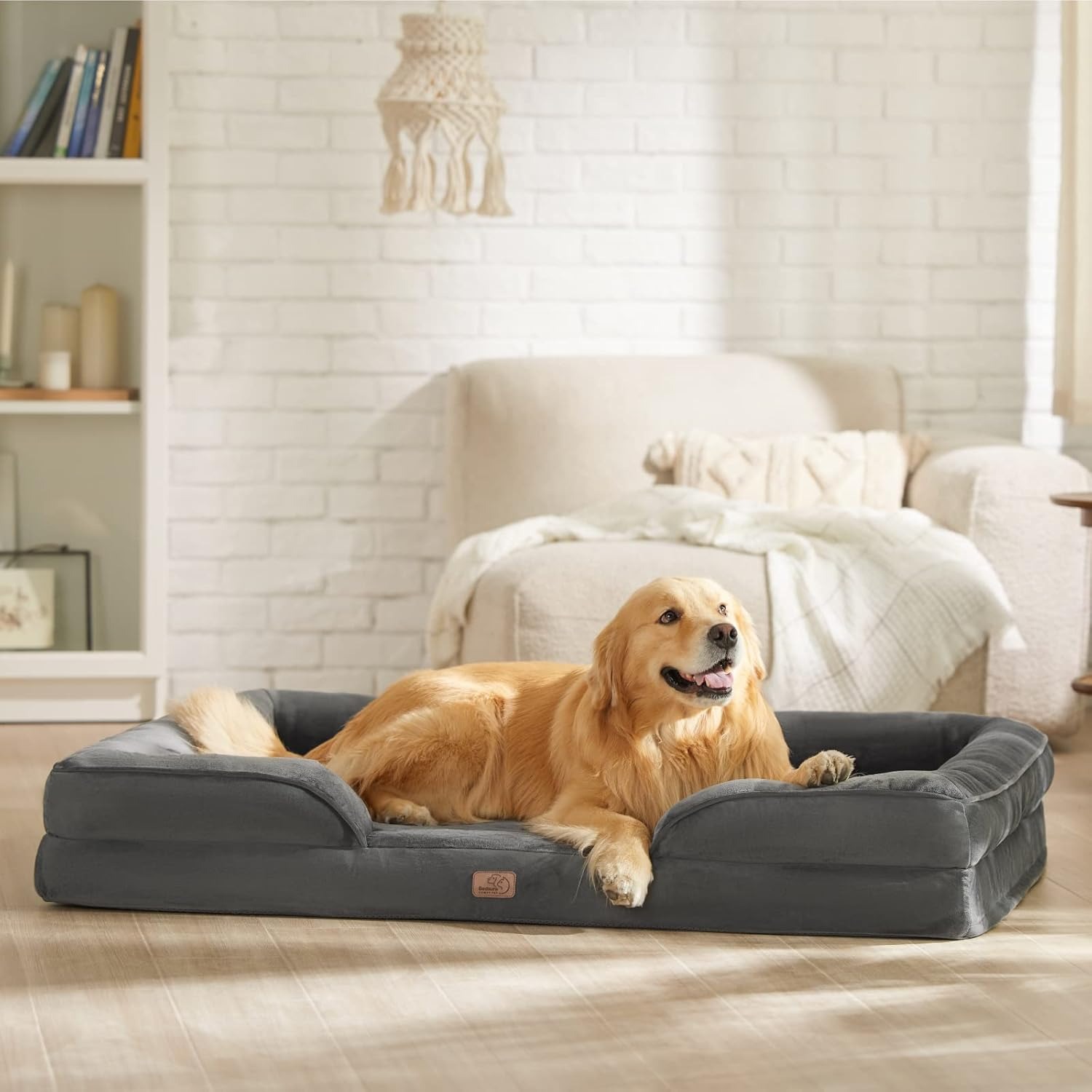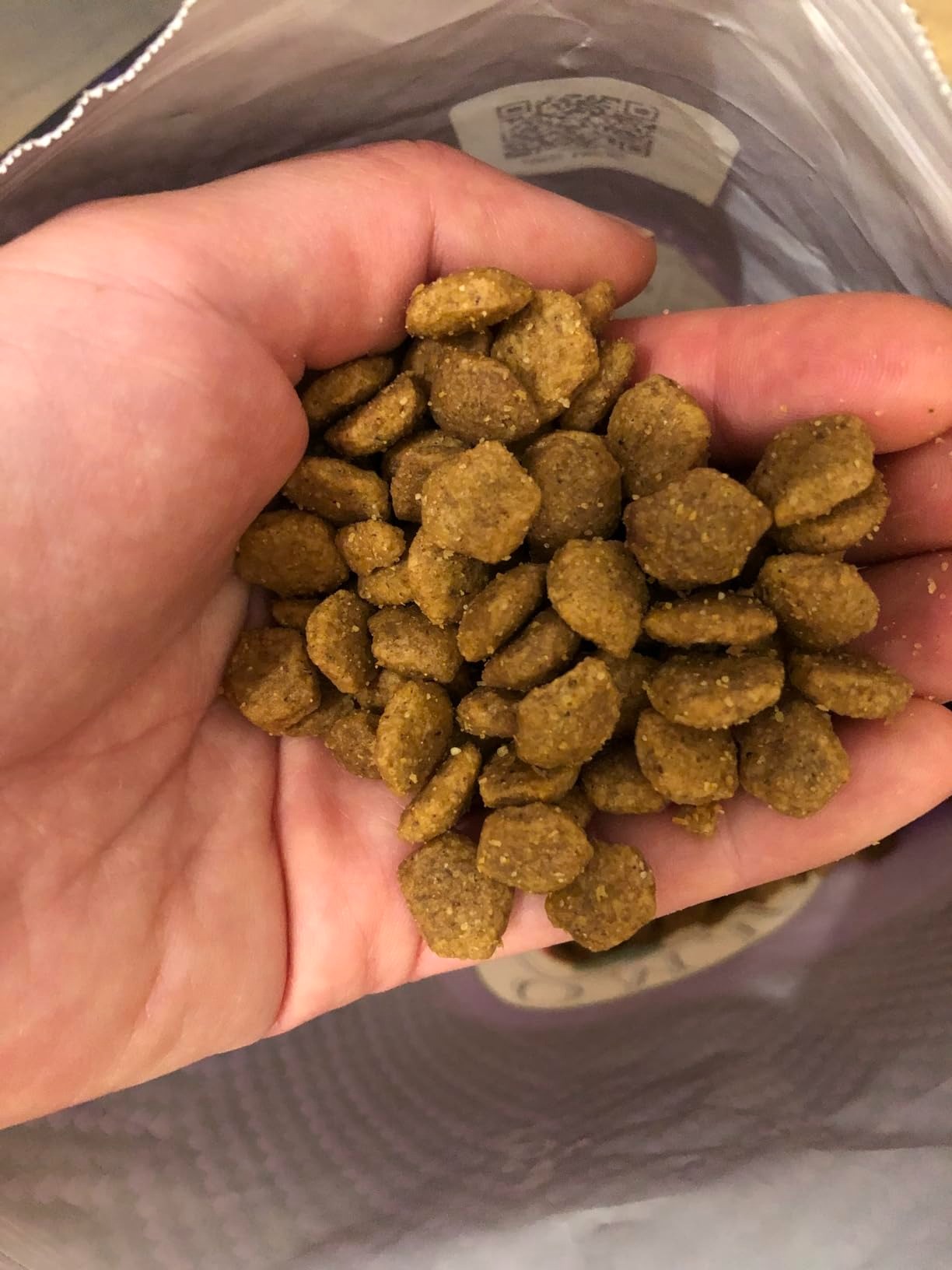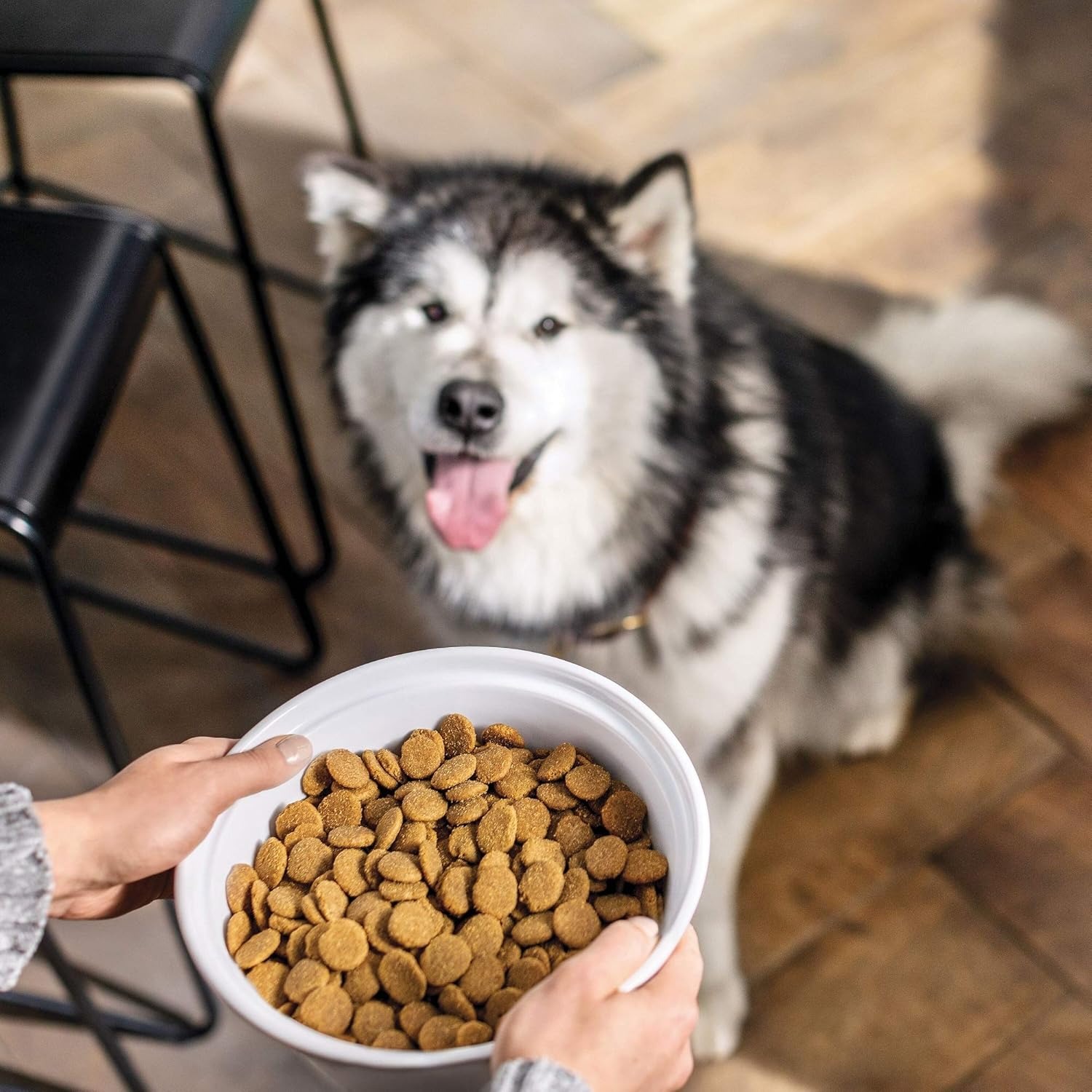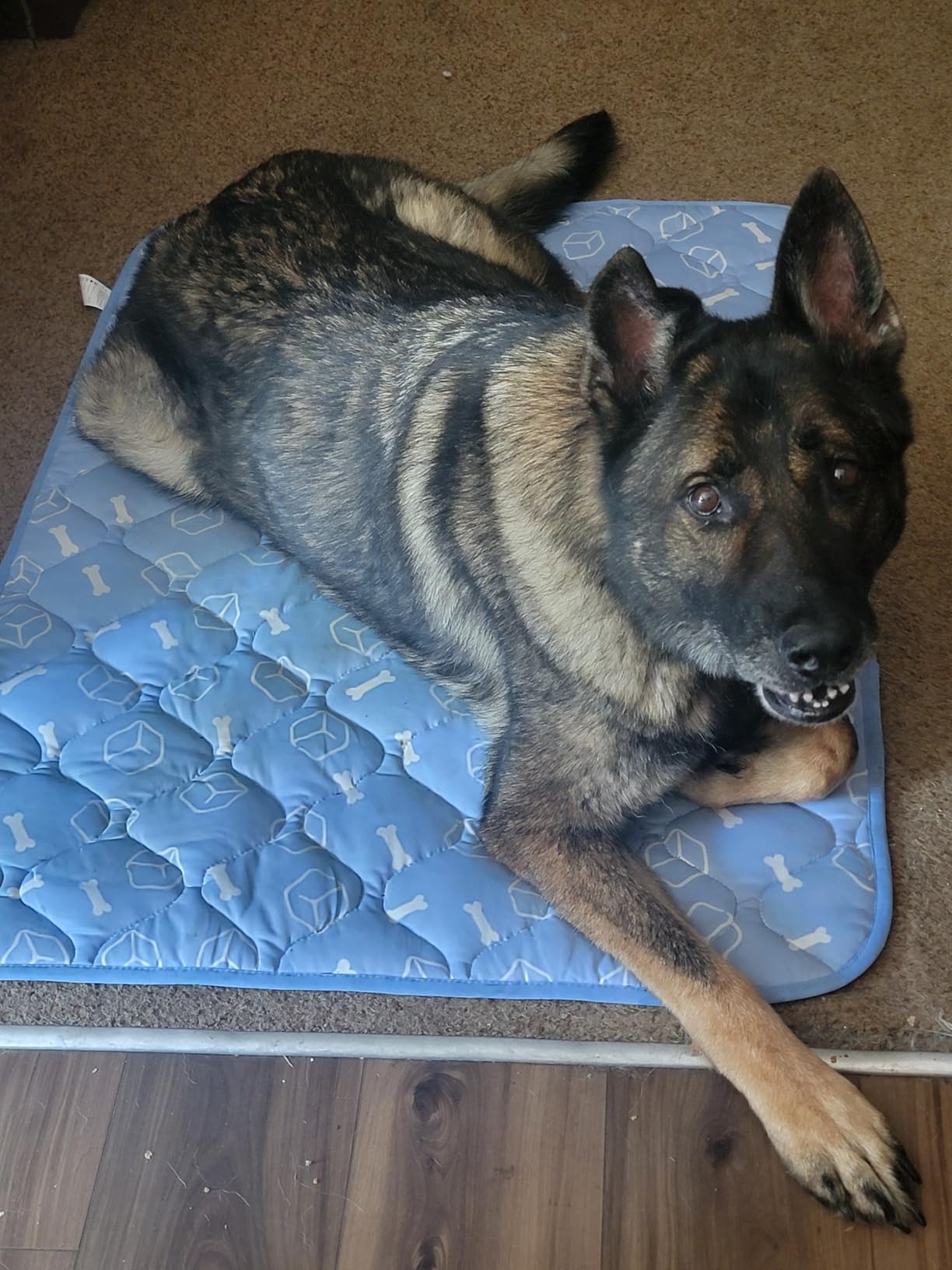Introduction to Kennel Cough
Kennel cough, or canine infectious tracheobronchial, is a respiratory condition in dogs. It is marked by a persistent, noticeable cough. The condition is similar to a chest cold in humans and commonly affects dogs at least once in their lives. When a dog has kennels cough, you might hear a distinct cough sound. It often seems like your dog has something caught in its throat.
The Definition of Kennel Cough
Kennel cough is a widespread term for the inflammation of a dog’s windpipe and voice box. It results from various bacteria and viruses. The most noticeable sign of kennels cough is a dry, hacking cough. This sound is also the main reason pet owners seek veterinary guidance.
Causes of Kennels Cough in Dogs
Several pathogens can lead to kennel cough. The most common of these is the bacterium Bordetella bronchiseptica. Viral contributors can include canine adenovirus, parainfluenza virus, and canine distemper virus. Dogs can pick up these pathogens from the air or contaminated surfaces like toys or bowls. Close contact with infected dogs, especially in places with poor air circulation or crowded spaces, raises the infection risk.
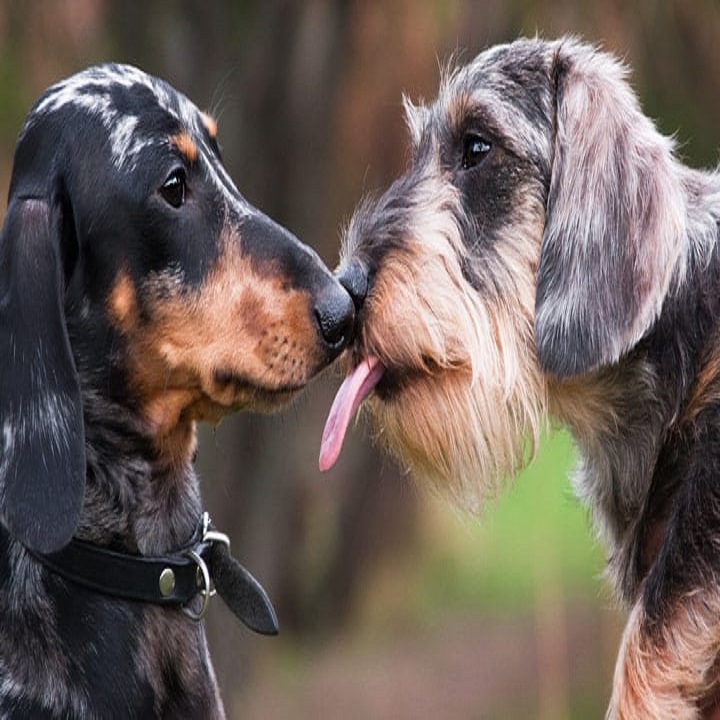
Identifying Kennel Cough Symptoms
Identifying Kennel Cough in dogs is crucial for timely treatment.
The Characteristic Cough of Kennel Cough
The most distinctive sign of kennels cough is a dry, hacking cough. It often sounds like the dog has something stuck in its throat. This cough can also resemble a honking noise, similar to a goose’s call. Listening carefully to the kennel cough sound helps owners recognize it early.
Other Associated Symptoms
Along with the notable cough, dogs with kennel cough may show other symptoms. These include sneezing, runny nose, and eye discharge. Watch for a lack of energy or decreased appetite as well. These symptoms together can indicate that your dog needs veterinary attention.
The Contagious Nature of Kennel Cough
Understanding the contagious nature of kennel cough is key to preventing its spread among dogs.
How Kennel Cough Spreads Among Dogs
Kennels cough easily passes from one dog to another. It can spread through airborne droplets when an infected dog coughs. Shared toys and bowls also carry the infection. Dogs in close quarters, like kennels or shelters, face a higher risk.
The Incubation Period and Contagiousness
The time between exposure and symptoms, called the incubation period, spans 2 to 14 days. During this time, dogs can spread kennel cough without showing signs. Watch for symptoms like coughing to separate and protect other dogs.

Treating Kennel Cough
When your dog shows symptoms of kennels cough, prompt treatment is essential.
Home Remedies and Care Tips
Several home remedies can help manage kennel cough and make your dog comfortable:
- Humidify the Air: Use a humidifier to moisten the air around your dog. This eases breathing difficulties.
- Rest: Limit your dog’s physical activities. Rest helps in recovery.
- Hydration: Ensure your dog drinks plenty of fluids. This helps keep the throat moist and reduces irritation.
- Proper Nutrition: Feed your dog soft foods if they show difficulty eating.
- Avoid Irritants: Keep your dog away from smoke and dust. These can worsen the cough.
Remember to closely monitor your dog. Contact the vet if symptoms do not improve.
When to See a Vet: Treatment Options
Consult your veterinarian if home remedies don’t help or if symptoms worsen.
- Assessment: The vet may need to assess the kennel cough sound and other symptoms.
- Medication: Your dog might need cough suppressants or antibiotics.
- Further Tests: Sometimes, additional tests are necessary to rule out other illnesses.
Seeing a vet ensures your dog gets the right treatment and recovers quicker.
The Kennel Cough Vaccine
Understanding the Vaccine’s Effectiveness
Vaccines play a crucial role in preventing kennel cough. However, no vaccine offers 100% protection. Since kennels cough can stem from various pathogens, the vaccine mainly targets Bordetella bronchiseptica bacteria and certain viruses. It is available as an injection, nasal spray, or oral medication. Many boarding facilities require this vaccine for dogs’ stay. Your vet will advise on the best vaccine form for your pet. After vaccination, some dogs may still catch kennel cough, but symptoms are often milder. It’s important to note, the kennels cough vaccine is part of routine dog vaccines. These also protect against canine distemper and parainfluenza virus.
Preventative Measures for Kennel Cough
Apart from vaccination, other steps can help prevent kennel cough. Avoid exposure to crowded and poorly ventilated spaces, where germs thrive. Keep shared toys and dishes clean. Watch for kennels cough signs and keep sick dogs away from healthy ones. Reduce stress and maintain a strong immune system through proper diet and regular exercise. Lastly, during outbreaks, limit interaction with other dogs. Through these measures, you can lower your dog’s risk of catching kennels cough significantly.

Differentiating Kennel Cough from Other Conditions
Not all coughs in dogs indicate kennels cough. Other health issues can also cause similar sounds. It’s vital to differentiate between the kennels cough sound and other potential causes. Misdiagnosis can lead to inadequate treatment. Your vet can help identify the correct cause.
When a Cough Isn’t Just Kennel Cough
Sometimes, a cough can point to more troubling health issues beyond kennels cough. Conditions like canine influenza, heart disease, or tracheal collapse also present with a cough. If treatments for kennel cough don’t reduce the coughing, consult your vet. They might recommend X-rays or additional tests.
Recognizing Serious Symptoms That Require Immediate Attention
A cough, coupled with extra symptoms, can signal severe problems. Symptoms such as difficulty breathing, blue-tinged gums, or a loss of appetite are alarming. If you spot these in your dog, seek urgent care from your vet. These can be signs of pneumonia or other critical conditions requiring immediate attention.
Long-Term Management and Follow-Up Care
Once your dog recovers from kennels cough, continue to monitor their health. Some dogs may experience lingering effects, such as a slightly persistent cough or changes in their energy levels. Keep in touch with your veterinarian during this recovery phase, as they may recommend follow-up visits or additional treatments if necessary. Maintaining a record of your dog’s health, including any recurrent symptoms or changes in behavior, can provide invaluable information for your vet. Prevention is also key; regular vaccinations and avoiding crowded areas can help protect your dog against future incidents of kennels cough.
Conclusion: Being Proactive with Your Dog’s Health
In conclusion, recognizing the kennel cough sound in your dog is vital for their well-being. A proactive approach to your dog’s health can prevent the spread and severity of kennels cough. Remember, this common ailness shows up as a distinct, often harsh cough. It can sound like choking or a strange honk. Taking steps early on, such as isolating your dog and seeking veterinary care, can make a big difference. Use home care and watch for symptom changes. Safeguard your dog through vaccination and keep them away from high-risk areas. Knowing your dog’s normal behavior helps you spot unusual signs, like changes in their cough or energy levels. When in doubt, it’s always best to consult your vet. They can guide you on treatments or necessary tests. This ensures your dog stays as healthy and happy as possible. Keep an eye out, act fast, and your furry friend will thank you.

